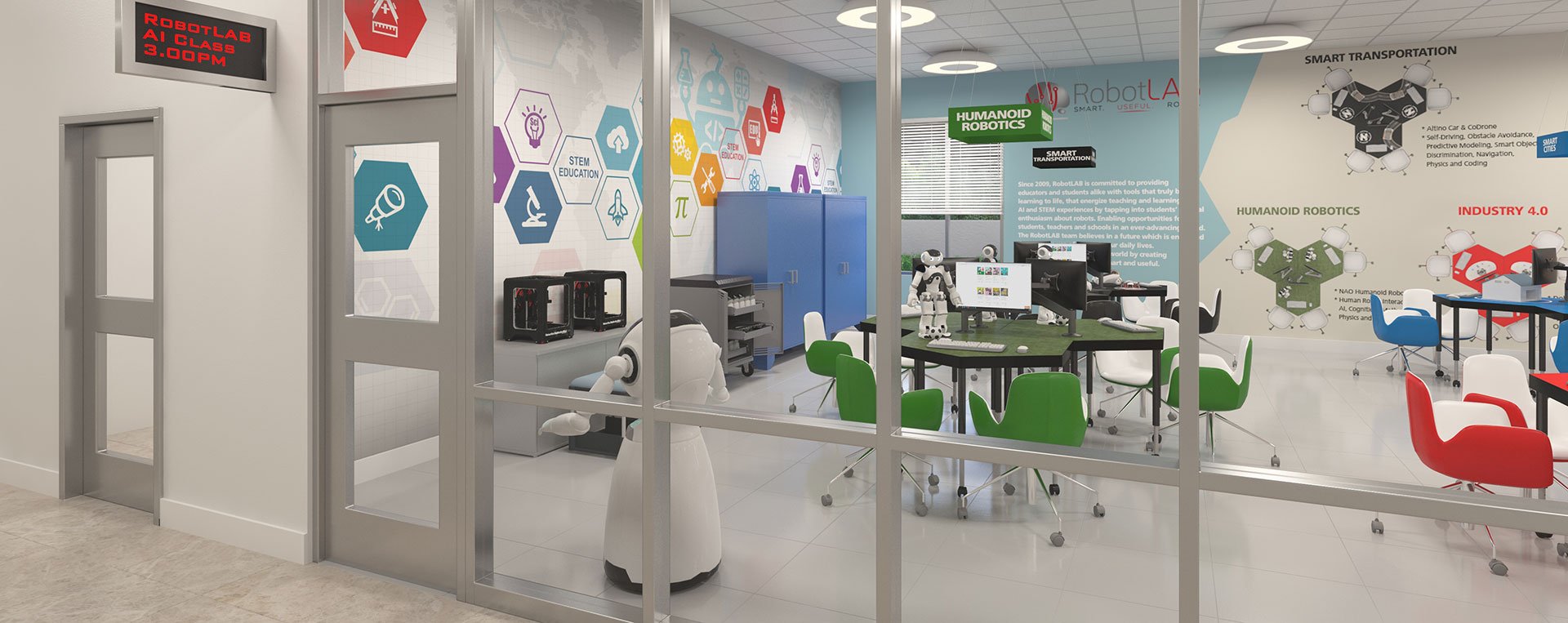
The first thing to understand is that cognitive computing is part of artificial intelligence (AI), or a subset of artificial intelligence.
There are many definitions of AI, with many tech companies formulating their own definitions depending on what their aim is for AI.
The Oxford Dictionary defines artificial intelligence as “the theory and development of computer systems able to perform tasks normally requiring human intelligence, such as visual perception, speech recognition, decision-making, and translation between languages.” No matter what definition you look at, the actual term “artificial intelligence” is problematic.
Why? Because it creates the impression that machines have intelligence. Fact is, AI can’t think as humans do. AI can only follow the rules that they have been programmed with.
AI can instantly give you a list of all the university board meetings, finance meetings, and departmental meetings over the past fifty years, but it can’t tell you what the atmosphere between the attendees was or what they thought of the meeting outcomes.
So what about cognitive computing?
Cognitive computing is an extension of AI with one significant added component: cognitive computing systems are able to interact with humans using natural language.
IBM defines cognitive computing as,” systems that learn at scale, reason with purpose and interact with humans naturally. Rather than being explicitly programmed, they learn and reason from their interactions with us and from their experiences with their environment.”
The big difference here being that cognitive computing agents are able to interact naturally with humans.
AI are systems that follow a complicated set of rules to arrive at outcomes. Granted, they are powerful, but their usefulness is limited to structured data; they are not able to process unpredictable, nonlinear data, like natural speech.
On the other hand, cognitive systems are probabilistic, meaning they can handle probabilities and uncertainties. They are able to make sense out of the changeability of unstructured information.
Cognitive systems can analyze and interpret unstructured information, and offer explanations of what it might mean. And they can explain how they came to their conclusions. They are designed to weigh all the information and their conclusions and use that to formulate a range of suggestions or solutions for consideration.
They don’t offer a final answer; that is for humans to decide.
Cognitive agents are an excellent example of the application of cognitive computing in education. Cognitive agents will make the work of teachers and administrators lighter and help them to make the best possible decisions for their students and organizations.
A cognitive agent can memorize each day’s interaction in class and remind the teacher that a particular student has not shown any interest in the geography class on Thursday mornings, and suggest an adaptation of the teaching materials that would better suit the student’s learning style.
Cognitive systems and their unsurpassed ability to plow through vast sets of structured and unstructured data will become invaluable to schools colleges, and universities.
These systems will discover correlations in that data and formulate hypotheses based on these correlations. Administrators can then deliberate on the best course of action to take, based on the suggestions the cognitive system made.

Discover more about Artificial Intelligence with RobotLAB!
Take a look to our AI LAB! a Turnkey solution that teachers would love to have in class to engage their students!


